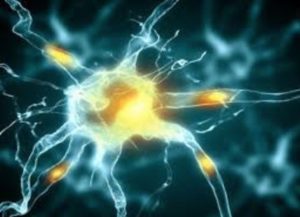 Peripheral Nerve Dysfunction in Middle-Aged Subjects Born with Thalidomide Embryopathy
Peripheral Nerve Dysfunction in Middle-Aged Subjects Born with Thalidomide Embryopathy
Aims
The Thalidomide Trust commissioned a pilot study to evaluate the presence of paraesthesia (pins and needles), numbness and pain (peripheral neuropathy) in adults with thalidomide embryopathy.
What was found
Compressive problems affecting the nerves and spine are shown to be common in adults with thalidomide embryopathy. If pain, pins and needles, numbness, weakness, or alterations in bowel or bladder function occur, it is important for such people to be assessed by specialists with experience in this area. These problems may have specific treatments which would aim to improve these symptoms and/or prevent further damage to the nervous system.
If the symptoms are more widespread, and particularly if they affect both feet in a similar way, there is a chance that they may be due to the long term effects of previous thalidomide exposure. In this situation it remains important that other causes are excluded, as these may have a specific treatment. Examples of other potential causes include nerve compression, diabetes, alcohol exposure and vitamin deficiencies, along with many other rarer causes. Even if no other cause is found, there are particular medications and non-tablet approaches used to treat pain due to nerve damage which may be helpful in all of the above situations. The input of a neurologist or pain specialist may help to optimise these treatments.
The full published article can be viewed here:
Peripheral Nerve Dysfunction in Middle-Aged Subjects Born with Thalidomide Embryopathy

